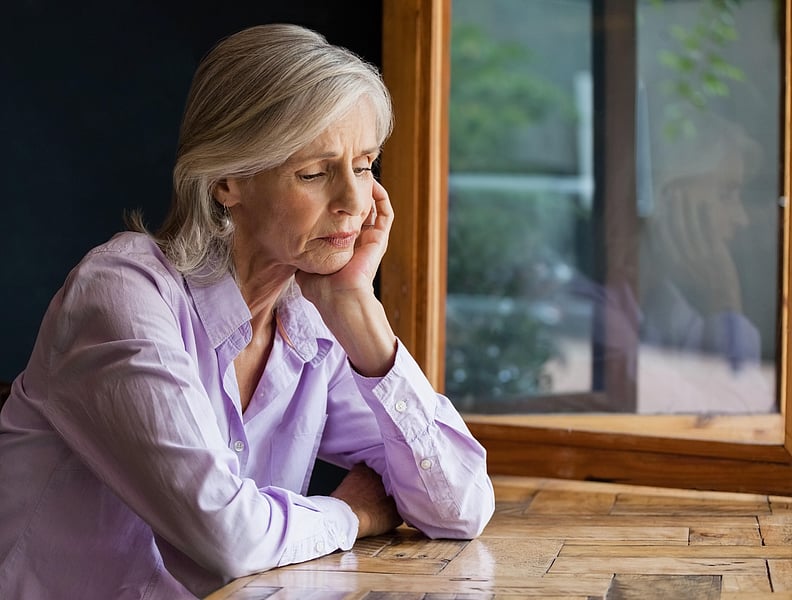Manténgase sano!

- Posted February 7, 2022
Loneliness Can Be Unhealthy Heartbreaker for Older Women
It's a fate many older women fear: loneliness and isolation as they age. Now, new research suggests those feelings may also predispose them to heart disease.
The findings may be especially relevant now because of social distancing required by the pandemic.
"We are social beings. In this time of COVID-19, many people are experiencing social isolation and loneliness, which may spiral into chronic states," said study first author Natalie Golaszewski, a postdoctoral scholar in the Herbert Wertheim School of Public Health and Human Longevity Science at the University of California, San Diego.
"It is important to further understand the acute and long-term effects these experiences have on cardiovascular health and overall well-being," she added in a university news release.
The study included nearly 58,000 postmenopausal women in the United States who responded to an initial questionnaire assessing social isolation in 2011-2012, followed by another questionnaire in 2014-2015 that assessed loneliness and social support.
The women were followed through 2019 or until they were diagnosed with heart disease. During that follow-up, nearly 1,600 were diagnosed with heart disease.
Social isolation and loneliness independently increased heart disease risk by 8% and 5% respectively. Women with high levels of both had a 13%-27% higher risk than those with low levels of social isolation and low levels of loneliness.
The researchers pointed out that socially isolated people are not always lonely, and that lonely people are not necessarily socially isolated.
"Social isolation is about physically being away from people, like not touching or seeing or talking to other people. Loneliness is a feeling, one that can be experienced even by people who are regularly in contact with others," explained senior author John Bellettiere, assistant professor of epidemiology at the Wertheim School of Public Health.
"We do not yet know whether the increased risk of cardiovascular disease is due to acute exposure to social isolation and loneliness, or whether prolonged exposure accumulated over a lifetime is the culprit. Further studies are needed to better understand that," Bellettiere said in the release.
One-fourth of adults 65 and older report social isolation, while one-third of adults 45 or older report being lonely. Previous research shows that social isolation is more common among women than men.
Heart disease is the leading cause of death for U.S. women, accounting for 1 in every 5 deaths, according to the U.S. Centers for Disease Control and Prevention.
"Measures of social isolation and loneliness -- even with brief questions as was done in our study -- should be incorporated into standard care," Golaszewski said.
"We monitor our patients' blood pressure, weight and temperature, and it might also be beneficial to capture the social needs that individuals may be lacking to better understand cardiovascular risk and develop solutions," she added.
The study was published online Feb. 2 in the journal JAMA Network Open.
More information
The U.S. Office on Women's Health has more on heart disease.
SOURCE: University of California, San Diego, news release, Feb. 3, 2022







